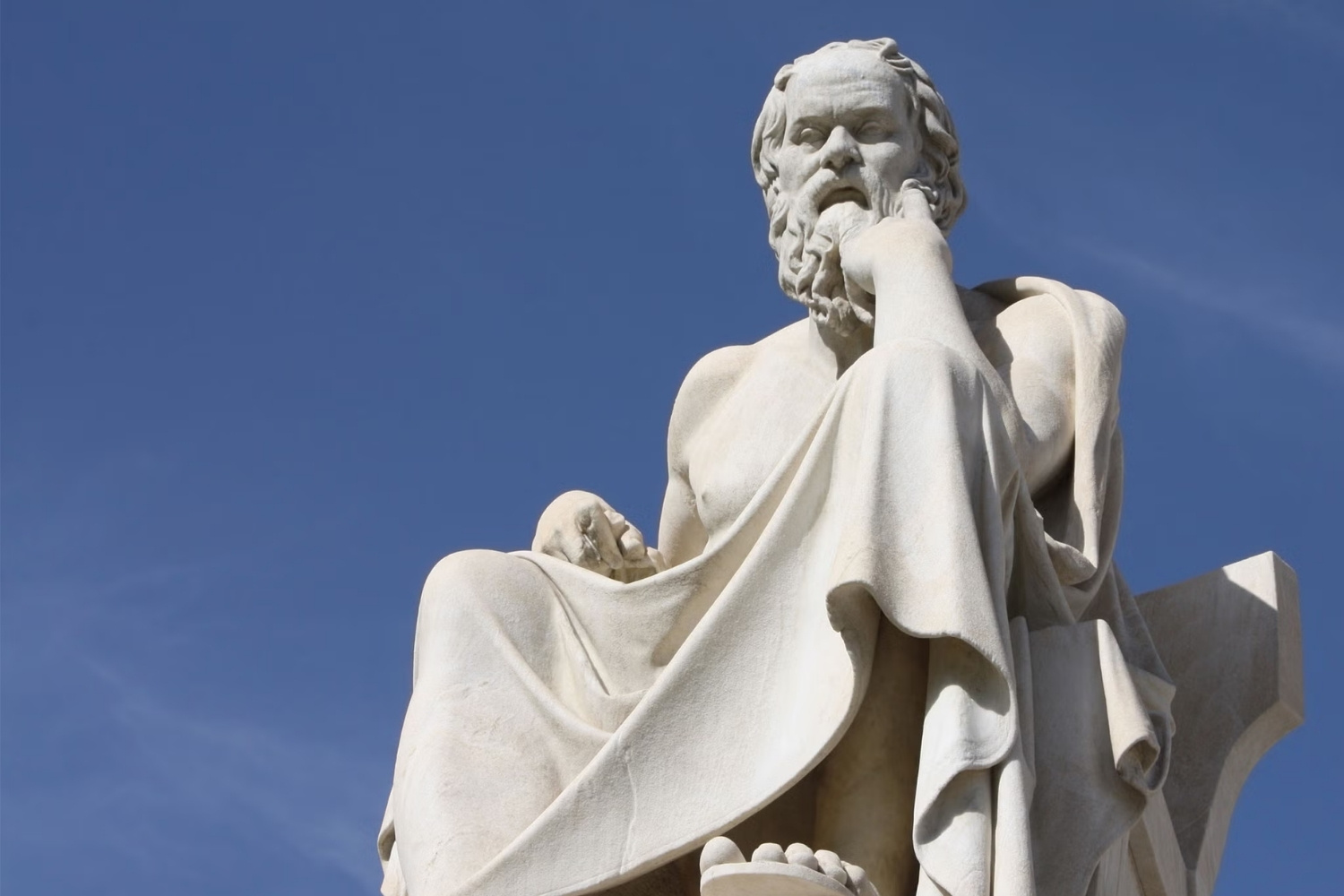
Aporia is a term that might sound unfamiliar, but it holds a fascinating place in philosophy, literature, and even everyday conversations. Aporia refers to a state of puzzlement or doubt, often used to describe a moment when a person encounters a seemingly unsolvable problem or paradox. This concept has been explored by many thinkers, from ancient Greek philosophers like Socrates to modern-day scholars. Understanding aporia can help us appreciate the complexities of human thought and the challenges of seeking truth. Ready to dive into 28 intriguing facts about aporia? Let's unravel the mystery together!
What is Aporia?
Aporia is a term that might sound unfamiliar to many. It originates from ancient Greek philosophy and has found its way into various fields, including literature, rhetoric, and even modern-day discussions. Let's dive into some fascinating facts about aporia.
-
Aporia comes from the Greek word "ἀπορία," which means "impasse" or "difficulty in passage."
-
Philosopher Socrates often used aporia in his dialogues to highlight the ignorance of his interlocutors, leading them to a state of puzzlement.
-
In literature, aporia is a rhetorical device where the speaker expresses doubt or uncertainty, often to engage the audience more deeply.
-
Jacques Derrida, a French philosopher, used aporia to describe the inherent contradictions in texts, which he believed could never be fully resolved.
-
Aporia can be found in everyday conversations when someone says, "I'm not sure if this is right, but…"
Aporia in Philosophy
Philosophers have long been fascinated by the concept of aporia. It serves as a tool for exploring complex ideas and challenging established beliefs.
-
Plato's dialogues often end in aporia, leaving readers with more questions than answers, encouraging deeper thought.
-
Aristotle saw aporia as a starting point for philosophical inquiry, a way to identify problems that need solving.
-
Kant used aporia to discuss the limitations of human knowledge, suggesting that some questions might be beyond our understanding.
-
Hegel believed that aporia could be resolved through dialectical reasoning, where contradictions are synthesized into higher truths.
-
Nietzsche saw aporia as a reflection of the chaotic and uncertain nature of existence.
Aporia in Literature
Writers and poets have also embraced aporia, using it to create tension, provoke thought, and engage readers.
-
Shakespeare often used aporia in his plays, with characters expressing doubt to reveal their inner conflicts.
-
James Joyce employed aporia in "Ulysses," leaving readers to grapple with the ambiguity of the text.
-
T.S. Eliot's poetry is filled with aporia, reflecting the fragmented and uncertain nature of modern life.
-
Postmodern literature frequently uses aporia to challenge traditional narratives and highlight the instability of meaning.
-
Mystery novels often use aporia to keep readers guessing, creating suspense and intrigue.
Aporia in Rhetoric
In rhetoric, aporia is a powerful tool for persuasion, allowing speakers to connect with their audience by expressing genuine uncertainty.
-
Politicians sometimes use aporia to appear humble and relatable, admitting they don't have all the answers.
-
Lawyers might use aporia to cast doubt on the opposing side's arguments, making their own case seem stronger.
-
Teachers can use aporia to encourage critical thinking, prompting students to question and explore ideas.
-
Public speakers often use aporia to engage their audience, inviting them to ponder and reflect on the topic at hand.
-
Debaters use aporia to introduce complexity into a discussion, making it harder for opponents to present simple solutions.
Modern Uses of Aporia
Aporia isn't just a relic of ancient philosophy or literary tradition; it has modern applications in various fields.
-
Psychologists use aporia to help clients explore their thoughts and feelings, leading to greater self-awareness.
-
Marketing sometimes employs aporia to create curiosity and interest in a product, leaving potential customers wanting to know more.
-
Social media influencers might use aporia to engage their followers, sparking discussions and debates.
-
Game designers use aporia to create challenging puzzles and scenarios, keeping players engaged and invested.
-
Scientists encounter aporia when faced with unsolved problems, driving further research and discovery.
Fun Facts About Aporia
Aporia has some quirky and lesser-known aspects that make it even more intriguing.
-
Aporia is also the name of a genus of butterflies, known for their striking black and white patterns.
-
In music, aporia can describe a moment of unresolved tension, leaving listeners in suspense.
-
Aporia has been used in comedy, where comedians express doubt to create humor and connect with their audience.
Final Thoughts on Aporia
Aporia, a term rooted in ancient Greek philosophy, has evolved to represent a state of puzzlement or doubt. This concept, often explored in literature and philosophy, challenges our understanding and pushes us to think deeper. From Socrates' dialogues to modern-day debates, aporia encourages critical thinking and self-reflection. It’s not just about confusion; it’s about the journey to clarity. By embracing aporia, we open ourselves to new perspectives and insights. Whether you encounter it in a philosophical text or a casual conversation, recognizing and appreciating aporia can lead to personal growth and a more profound understanding of the world around us. So next time you find yourself puzzled, remember that aporia is not a dead end but a doorway to deeper knowledge.
Was this page helpful?
Our commitment to delivering trustworthy and engaging content is at the heart of what we do. Each fact on our site is contributed by real users like you, bringing a wealth of diverse insights and information. To ensure the highest standards of accuracy and reliability, our dedicated editors meticulously review each submission. This process guarantees that the facts we share are not only fascinating but also credible. Trust in our commitment to quality and authenticity as you explore and learn with us.
